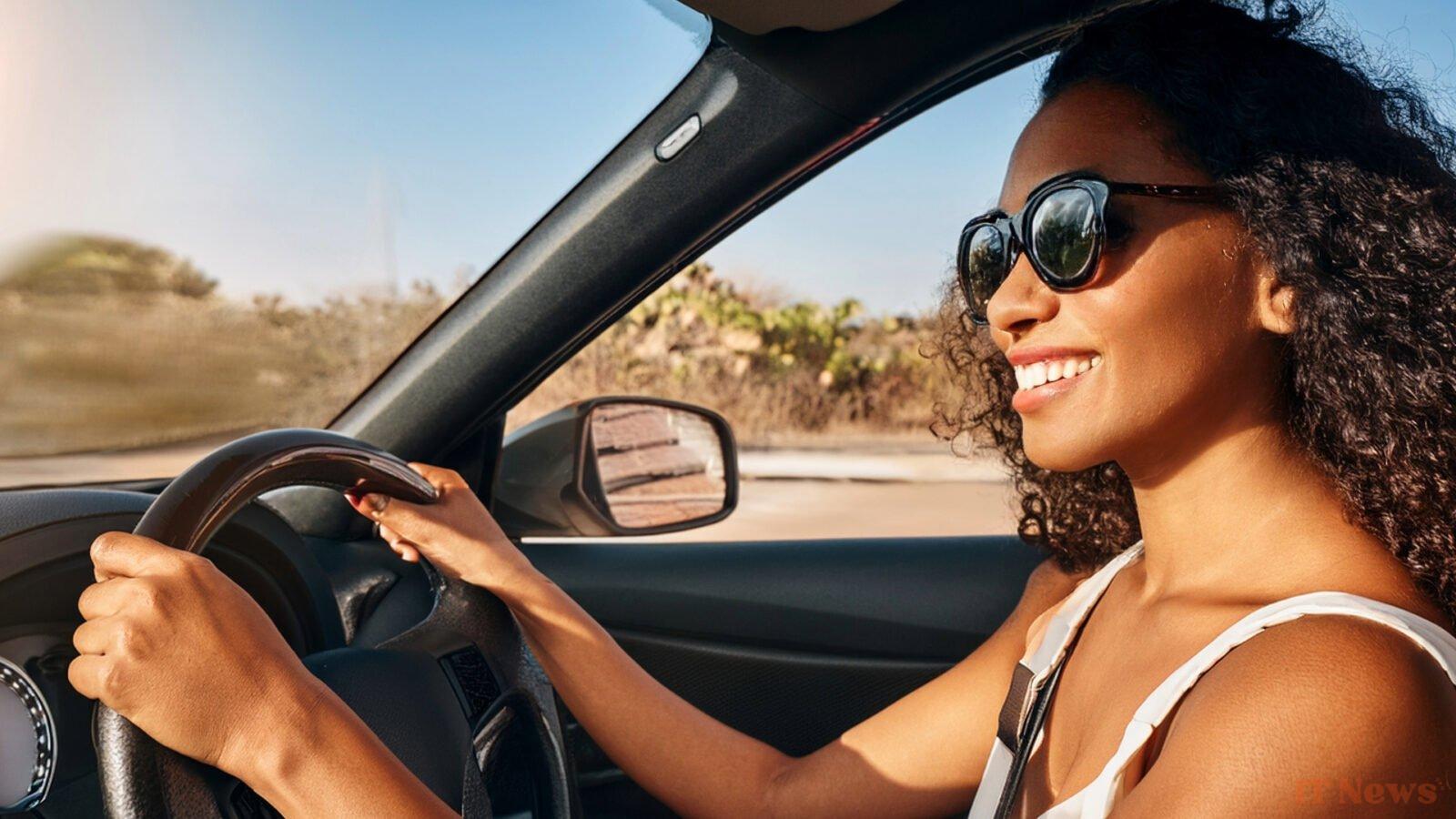Glasses that obscure... the road
The problem mainly concerns category 4 lenses, often used in high mountains or in extreme light conditions. Very dark, these lenses filter between 92 and 97% of light, making them unsuitable for driving. By significantly reducing the perception of contrasts, they impair the vision of details, traffic lights, signs, and even pedestrians or cyclists on the side of the road.
And yet, these glasses are sold over the counter in many stores, often without any visible warning about their incompatibility with driving. Many drivers are therefore unaware that wearing them while driving exposes them to a very real penalty.
What the law says
In France, Article R412-6 of the Highway Code requires that "every driver must constantly be in a condition and position to conveniently and promptly carry out all the maneuvers incumbent upon him." This obviously includes good visibility. Therefore, wearing glasses that restrict vision can be considered dangerous behavior.
Wearing lenses that are too dark or very thick frames, which limit the lateral field of vision, can be considered an offense. The penalty is a fixed fine of 135 euros, accompanied by the loss of three points on the license. In the event of a roadside check, the vehicle may also be immobilized if the police believe that the driver is not fit to drive safely.
Thick frames, another little-known risk
Beyond the lenses, the shape of the frame itself can pose a problem. Models with wide temples or full-coverage frames can reduce peripheral vision. This is a factor that counts in detecting a vehicle approaching from the side or in anticipating dangers in the city. Here again, fines may apply if the police judge that these glasses compromise the driver's vigilance or reaction capacity.
How to choose glasses authorized for driving?
Opticians advise opting for category 2 or 3 lenses, which offer good sun protection while allowing enough light to pass through for safe driving. These lenses must be CE approved and, ideally, bear a mention indicating their compatibility with driving. Thin frames, which do not obstruct frontal or peripheral vision, are also recommended.
Furthermore, if you have optical correction, consider prescription sunglasses, adapted to your profile. Conversely, avoid cheap fashion models, often not compliant with European regulations, and whose protection is sometimes more aesthetic than functional.
The subject may raise a smile, and yet, it is far from trivial. In some accident cases, wearing unsuitable glasses may be considered an aggravating factor or even a factor in liability. If in doubt, it is best to seek advice from an optician or consult the information on the glasses themselves.



0 Comments